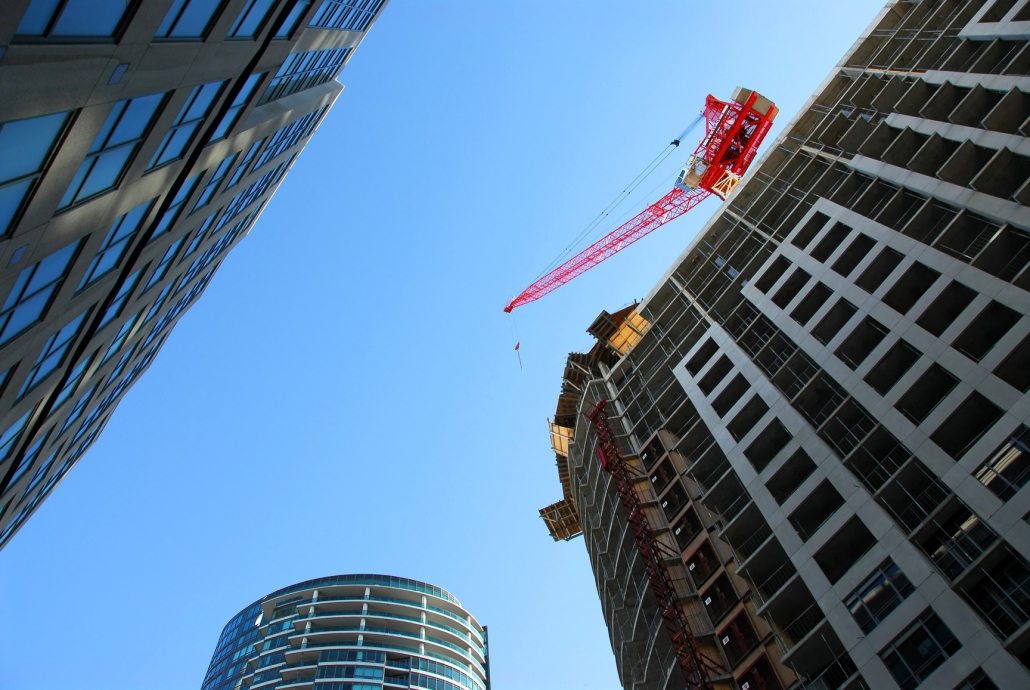
A California 20-Day Preliminary Notice, sometimes referred to as a Preliminary Notice or Prelim, is a crucial piece of a project for any contractor, material supplier, or equipment lessor contributing to a work of improvement in the state of California.
But what exactly is a Preliminary Notice? Who needs to send it? Is it really that important? And when does it need to be sent? The answers to these common questions and the proper execution of their requirements can mean the difference between payment and non-payment for your work, materials, or equipment provided to a job-site.
What is a California 20-Day Preliminary Notice?
A preliminary notice serves as a tool to notify the appropriate parties on a project – the Lender, Owner, and GC – of the various job-site participants and who will be entitled to lien rights should they fail to receive payment for their work.
A proper preliminary notice must be served for the claimant to retain mechanics lien rights in the event they are not paid for their work.
The notice is sent to the owner, direct contractor, and lender, if any, and states the following:
- The claimant furnishing labor, services, equipment, or materials to the job-site
- The claimant’s relationship to the parties receiving the notice
- A general description of what is being provided
- The location of the job
- Who contracted the claimant for the work
- An estimate for the total price of the work being furnished
- The name and address of the Owner, Direct Contractor, and Lender (if any)
Who is Required to Send a California 20-Day Preliminary Notice?
By California law, any job-site contractor besides a laborer must send a preliminary notice for work provided over $400.
Properly serving a preliminary notice is crucial to retain the right to file a mechanics lien against the property in the event you are not paid for your work. If you do not serve a proper preliminary notice when required, you will not be able to file a valid mechanics lien.
A contractor working directly for the owner is not required to send a preliminary notice unless the project has a lender.
Why is a Preliminary Notice Important?
It Gives You the Right to File a Mechanics Lien
Besides being a requirement by law, serving a preliminary notice enables the sender to file a mechanics lien against the property if they are not paid for their work.
Without a properly served preliminary notice, a mechanics lien filed against the property will be invalid. This is why it is crucial to send a proper notice at the proper time – without it you will lose out on the best method of receiving payment if you are not paid for your work.
It Helps Improve the Payment Process
Filing a preliminary notice also may help in speeding up the payment process.
Construction sites often employ multiple trades, and with them the number of subcontractors and material and equipment suppliers can really start to add up. Sending a preliminary notice lets the owner and general contractor know exactly who is on the job and who will be able to lien the property if they are not paid for their work.
With this increased visibility of who is on a job-site, a company who sends a preliminary notice helps to ensure that they are seen and addressed by all parties farther up the contracting chain.
The owner has an interest in preventing mechanics liens from being filed against their property, and receiving preliminary notices prompts them to make sure payments get to whom they need to go.
A preliminary notice protects the money of the party sending it. The party receiving the notice can now protect themselves from having a lien filed against the property and make sure the job continues smoothly. With this mutual level of protection for both parties, payments are more likely to be made on time and with greater consistency – both parties win.
When Does a Preliminary Notice Need to be Sent?
As a rule of thumb, a preliminary notice ought to be served early – soon after contracting for the work or as soon as possible after work commences. In California (like Arizona) a preliminary notice can be served late but it will only cover lien rights for the preceding 20 days from the service of the notice (Civil Code §8204).
If a preliminary notice is served within the first twenty days of providing work, material, or equipment on a project, the entire duration of the job may be claimed on a mechanics lien. If a preliminary notice is served after the first twenty days of a project, it will still be valid but it will only secure lien rights from the twenty days preceding the service of the notice and onward.
Again, as a rule of thumb, serve your notice early!
Conclusion
A properly served preliminary notice is a must for nearly all contractors, material suppliers, and equipment lessors in the state of California. It is required by law for most, allows you to file a mechanics lien if you are not paid for your work, and may help increase the overall speed and consistency of payments on the job-site.
Remember to serve your notice when required and send it early. It may be the key to receiving payment for the work and materials you have provided on a construction project.
